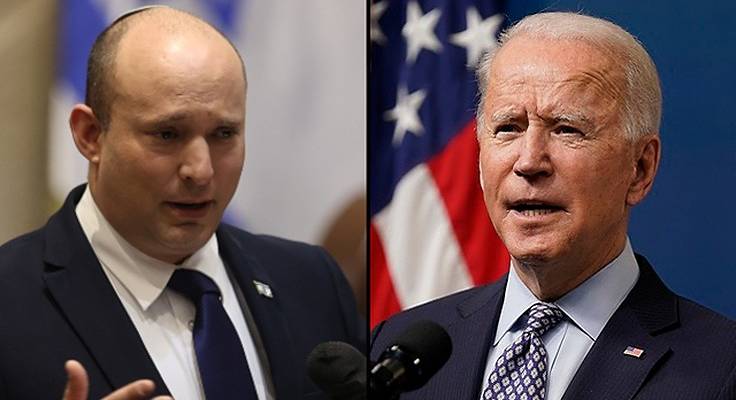All of the construction projects are within the boundaries of already-existing Jewish communities.
By Pesach Benson, United With Israel
The State Department escalated its rhetoric against Jewish communities in the biblical homeland on Tuesday after Israel published housing tenders for 1,355 housing units in Judea and Samaria.
“We are deeply concerned about the Israeli government’s plan to advance thousands of settlement units on Wednesday, many of them deep in the West Bank,” said State Department spokesman Ned Price.
“We strongly oppose the expansion of settlements, which is completely inconsistent with efforts to lower tensions and restore calm. And it damages the prospects for a two-state solution.”
The Times of Israel noted that over the past year, State Department statements would generally oppose unilateral moves by either Palestinians or Israelis. But the Times pointed out that Price’s statement focused only on Israel.
The tenders were issued by the Israel Lands Authority under the direction of Housing and Construction Minister Ze’ev Elkin on Sunday. They mark the first significant construction moves in Judea and Samaria under Joe Biden’s presidency and Naftali Bennett’s premiership. Among the housing units planned are 729 to be built in Ariel – the largest city in Samaria – 346 in Beit El, 102 in Elkana, 90 in Geva Binyamin, 57 in Emanuel, 22 in Karnei Shomron and one in Beitar Illit, according to Hebrew-language reports.
Israel also unveiled plans to build 1,000 new housing units for Palestinians in Area C of Judea and Samaria, where Israel has both security and administrative control.
Price also criticized plans for the Israeli Civil Administration to retroactively legalize two outposts. Price didn’t specify which outposts he was referring to, though a Civil Administration subcommittee was scheduled to convene this week to discuss the status of another 2,862 housing units.
The projects on the subcommittee’s agenda are at various stages and involve smaller settlement communities. They include 628 housing units in Eli, 399 in Revava, 380 in Kedumim, 292 in Kfar Etzion, 286 in Har Bracha, 100 in Elon Moreh and 58 in Beit El.
All of the construction projects are within the boundaries of already-existing Jewish communities.
